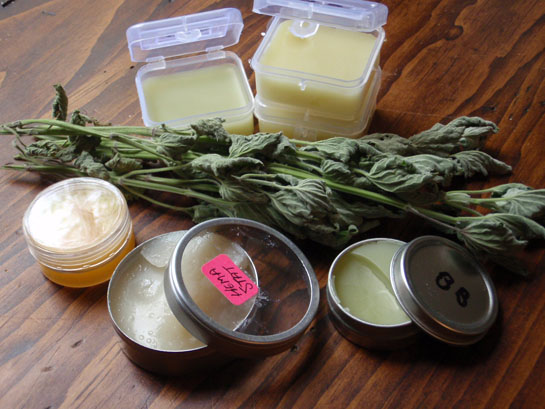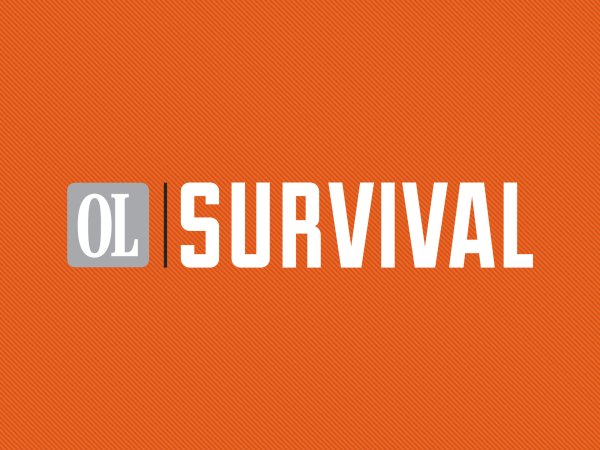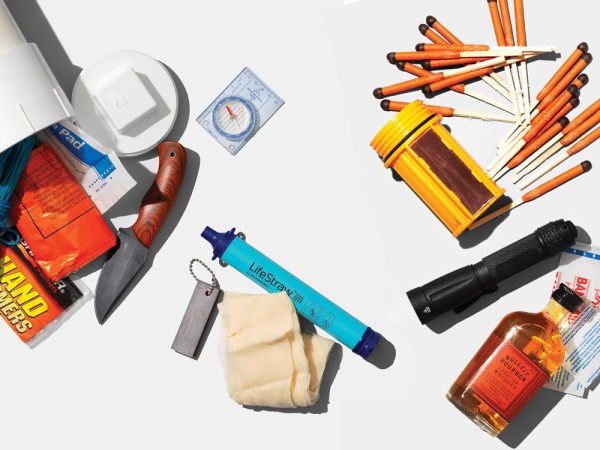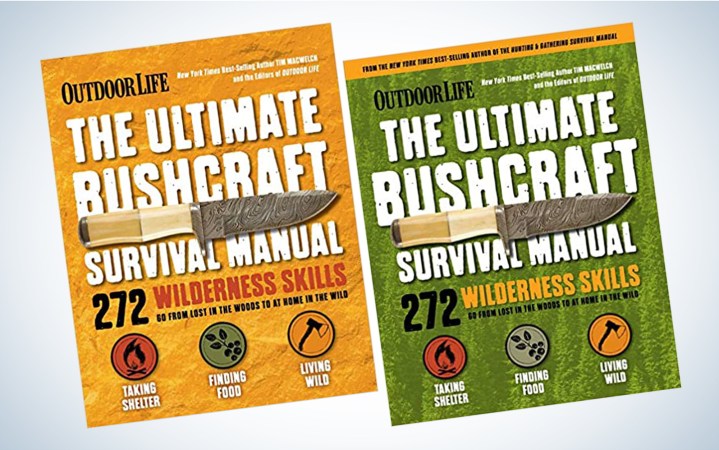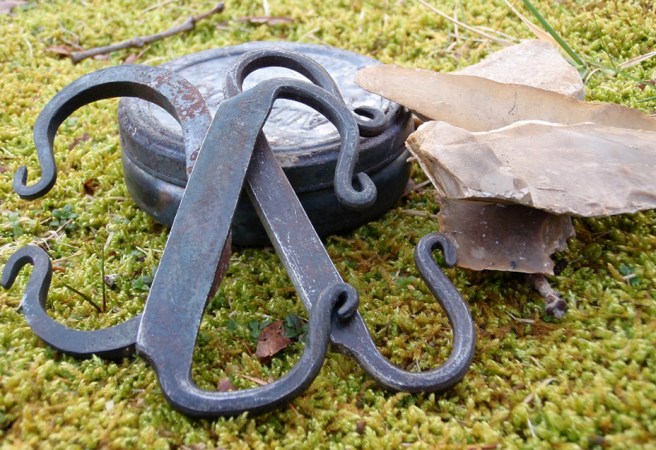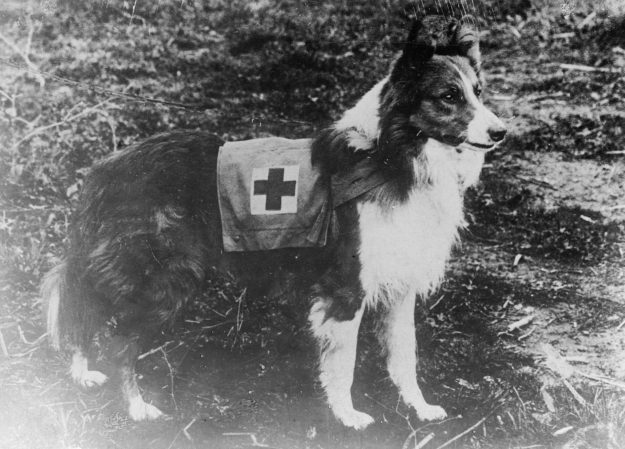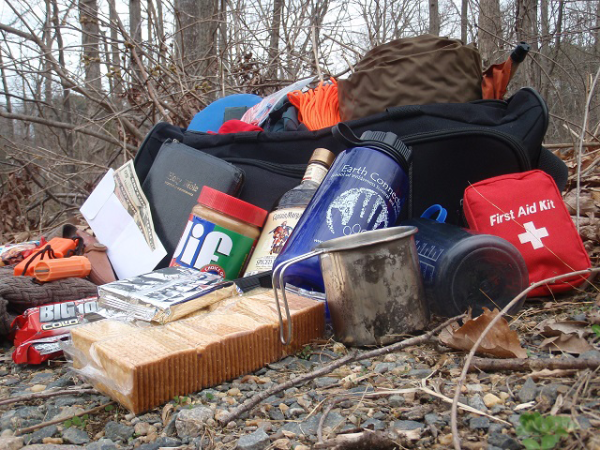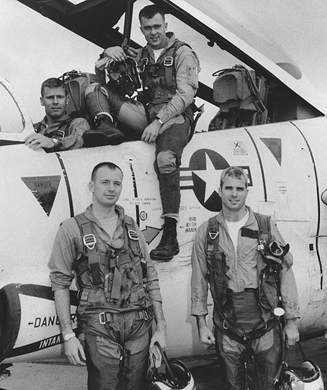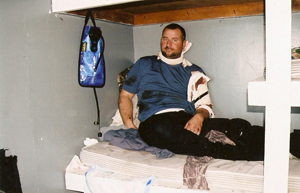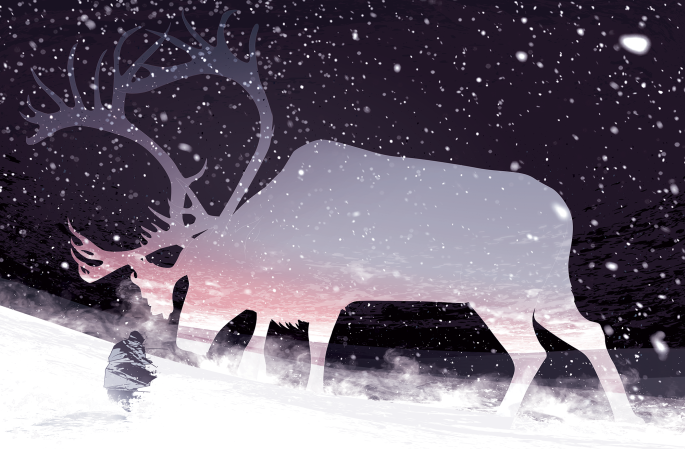Not sure if it’s a sprain or a fracture? Uncertain of the right uses for your leftover antibiotics? Dr. Joseph Alton wrote The Survival Medicine Handbook with the intent to help an untrained person perform basic and advanced medical care in the event that he or she is cut off from modern medical assistance. But does the book meet that goal? Read on and find out.
At first glance, you’ll notice that this isn’t exactly a pocket manual. The 550-page, 2-pound book is a bit of a brick, but it has to be in order to cover the volume of information you’d need if you were stuck a long way from the nearest doctor. While the book is incredibly comprehensive, make no mistake: it won’t turn you into an M.D. overnight. The no-nonsense explanation of that fact is one of my favorite parts of the book’s realistic and down-to-earth introduction. Past the intro, we get into the basic principles of medical preparedness, and a very solid section on the skills and supplies you’d want to acquire before you’re forced to approximate the role of medical professional. Section three addresses hygiene and sanitation issues, which are a big deal in post-disaster settings. Dealing with GI bugs, dental issues, and food poisoning are just a few of the topics covered in this oft-overlooked segment of medical care.
Sections four through eight get even better. They deal with common infections, medical emergencies caused by environmental factors (like hypothermia and heat stroke), a wide range of injuries, chronic medical problems and diseases, CPR, and much more. Section nine could be a standalone booklet and command the list price of the book. It explains the correct usage of antibiotics. And while these wonder drugs can be our salvation from infection and disease, the wrong dose or the wrong medicine can be worse than taking no medication at all. This section walks the layman through the approved uses for common antibiotics, and how these medicines should be stored and administered.
The Survival Medicine Handbook is so easy to understand, yet so filled with information, it could easily become your most important survival asset. Dr. Alton and his co-author and wife, Amy Alton A.R.N. P., give us the tools to handle severe medical emergencies and everyday boo boos (which can always become severe issues without infection prevention). All told, this outstanding book covers more than 100 medical issues, and is a must-have item is you’re serious about preparedness. If you care enough about survival to carry an IFAK or trauma kit, you need this book. It’s the instruction and repair manual for the human body.
Was there anything I didn’t like about the book? Not one thing. The price might be a little out of reach for cash-strapped preppers and outdoor survivalists (the book retails for $39.99 in the US). But what are your life and the lives of your loved ones worth?
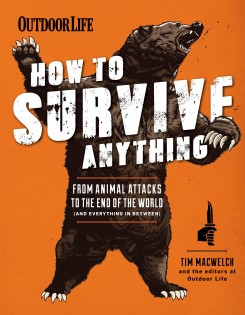
To read more from Tim MacWelch, follow him on Twitter (@TimMacWelch) and purchase his survival manuals, including the latest: How to Survive Anything
